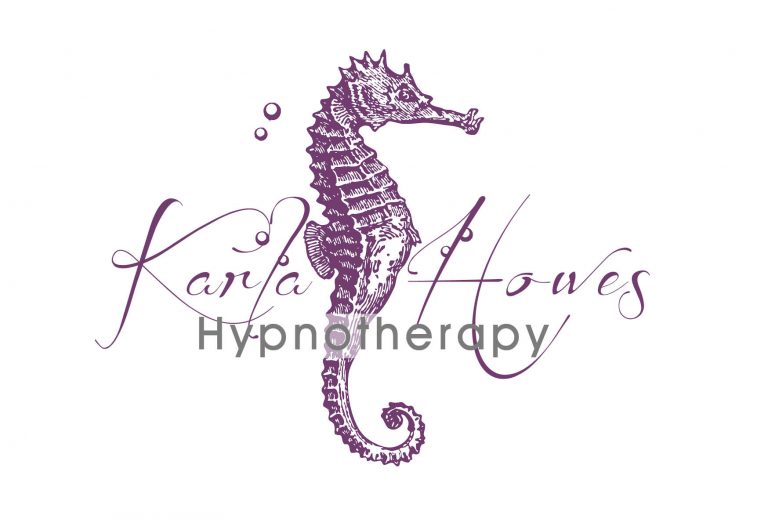Sleep is an amazing part of life that often goes unnoticed until insomnia disrupts it. When sleepless nights become a routine, bedtime can feel overwhelming. While most adults need six to eight hours of sleep per night, everyone’s needs differ. Some manage with just three hours.
Older women, in particular, may experience interrupted sleep, especially if they’ve napped during the day. It’s easy to feel like you’re not getting enough rest.
Sleep disturbances can arise from various causes—illness, anxiety, depression, or less serious reasons. This can lead to waking up in the early hours unable to fall back asleep, difficulty falling asleep initially, or a generally disrupted sleep pattern. Regardless of the issue, it can lead to daytime problems such as fatigue, lack of focus, and even health concerns.
Hypnotherapy offers a gentle way to encourage relaxation before sleep. This approach can positively impact some individuals, helping them overcome sleep difficulties. The timing of change varies, depending on personal circumstances. Sometimes, stress-induced sleep issues persist even after stress reduction, as the mind may adopt a disrupted sleep pattern.
Hypnotherapy can help correct this pattern, allowing sleep problems to become a thing of the past. However, hypnotherapy alone might not suffice; clients may need to implement suggested changes to reduce stress. The Royal College of Psychologists provides an excellent resource on sleep. Visit their website by clicking here.
